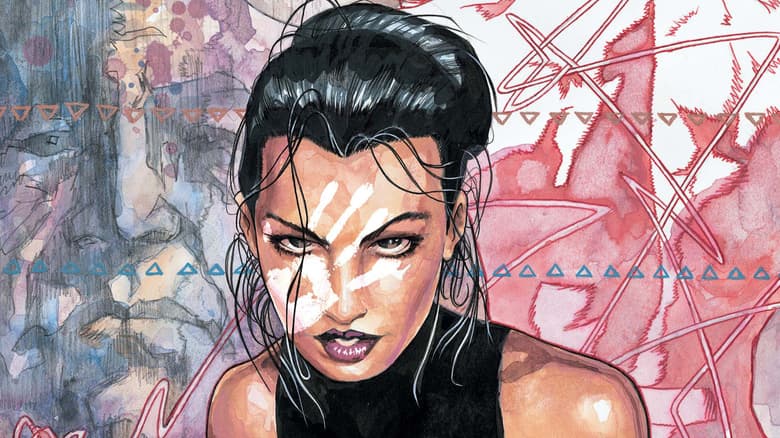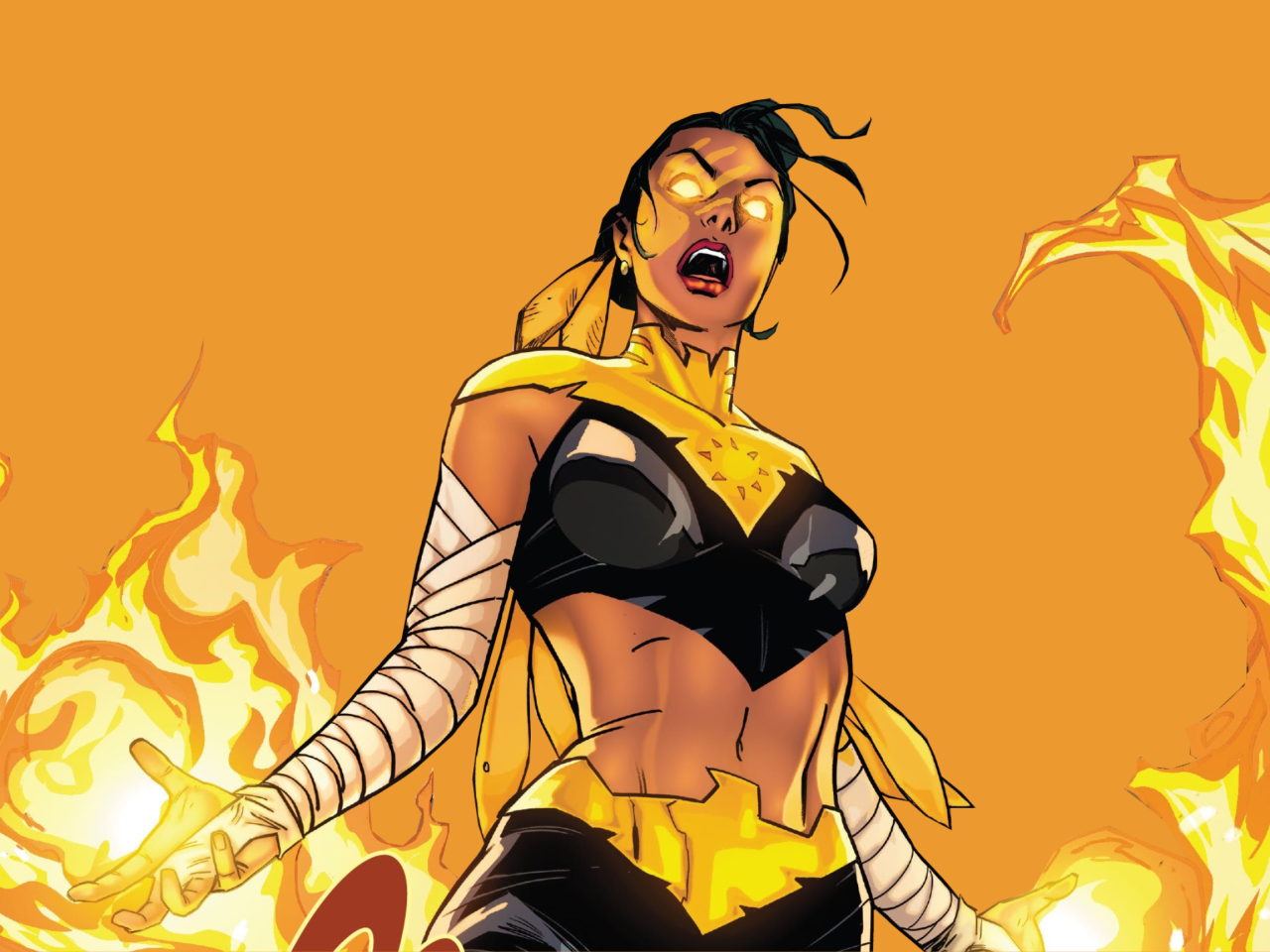The Marvel Cinematic Universe’s Phase Five has been one of the studio’s most uneven phases thus far, with extremely low lows and only middling highs, but Echo is by far one of the franchise’s strongest outings post-Avengers: Endgame. Ostensibly a spinoff to Hawkeye.
The series embraces the bloody, violent aesthetic and darker tone of Daredevil and Marvel’s other long-dead Netflix shows far more fully than Hawkeye. That’s not to say that it ever quite reaches the same gruesome heights as Daredevil did throughout its three-season Netflix run, nor does it ever successfully match the bare-knuckled, well-choreographed grace of that series’ action sequences.
Echo directors Sydney Freeland and Catriona McKenzie do nonetheless deliver moments of violence and hard-hitting action that feel unique within the typically family-friendly world of the MCU. Unlike Daredevil and The Punisher, which occasionally ramped their violence up to gratuitous levels, Echo’s brutality also never seems out-of-place or incongruous with its heroine’s personal story.
Freeland, creator Marion Dayre and writer Amy Rardin carefully infuse Maya’s Choctaw heritage in the series’ foundation. “Echo” includes the emergence of the first Choctaw people. Across the episodes, the Choctaws are spotlighted in various periods, including the 13th and 18th centuries and into the present day. These historical sequences highlight the anguish in Maya that goes well beyond her father’s murder and connects her to her ancestors who have faced injustices across time. Her need for vengeance is deep-seated.

The people coming after Maya have every intention of killing her and anyone they think she might care about, and Echo’s consistent in framing her as someone who takes those kinds of threats seriously regardless of the law. But rather than merely giving her a gun and sending her off to shoot up her enemies, the show throws waves of goons at her, and zooms in on what it would take to survive that kind of endless fight for your life.
Along with being Disney Plus’ first TV-MA Marvel series, Echo’s also the first to debut under the streamer’s new Spotlight banner. And while it initially seemed like that branding might have meant the show was designed to exist in its own bubble off to the side, that doesn’t seem like the case a few episodes in.
Marvel has had a lot of high-profile failures over the last couple of years. Last summer’s tedious Secret Invasion miniseries is the first MCU film or show that it seems not even the most devout fans are willing to defend. The Marvels (an extremely charming, if narratively messy, film) was such a flop that Disney announced within weeks of release that the studio would stop reporting its box office numbers.
Once upon a time, audiences not only wanted to see every MCU project, but felt they needed to see them all to fully enjoy each one. But between the sheer number of them, and the lack of quality control of the post-Endgame era, it now feels like homework.
The brand’s reputation has gotten so rough in this area that Echo is being released under the new “Marvel Spotlight” banner, meant for projects where you don’t need to know much, if anything, about the larger MCU. We’ll get back to whether that label applies here, but it’s a dual-edged sword, because it also suggests that the Marvel Spotlight projects aren’t essential viewing.

Overall, people enjoyed whatthey have seen so far of Marvel Studios’ newest series, and excited to see where the series goes in the final two episodes. The expectation of Daredevil: Born Again is dialed up to 11.
And really happy that Marvel is taking risks knowing that Ms. Marvel and She-Hulk: Attorney at Law may not be everyone’s cup of tea, but they show the vastness of the Marvel Comics universe. It’s where all kinds of stories can be told, and hoping this will not be abandoned. Not every show or movie needs to be world-ending, there’s also room for more personal, character-driven stories like Echo.



